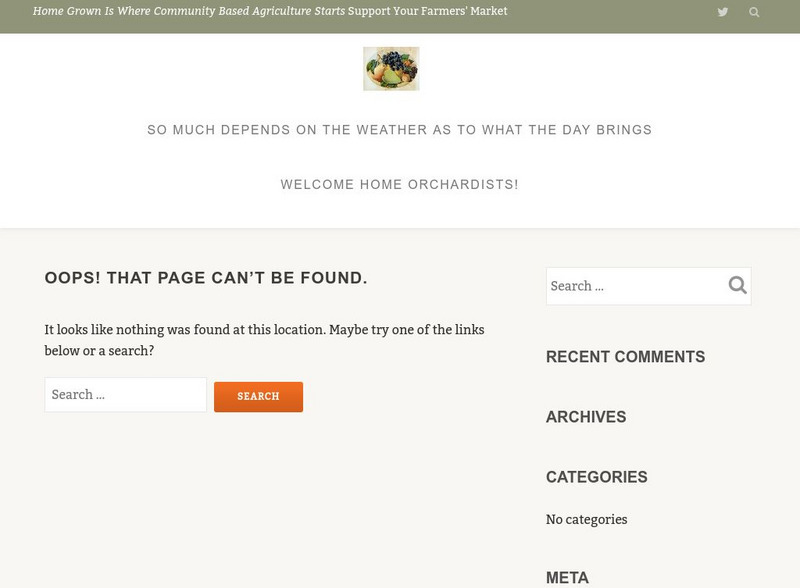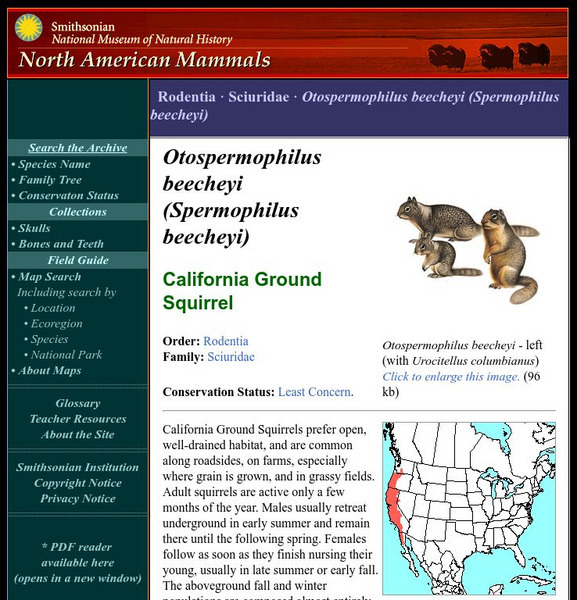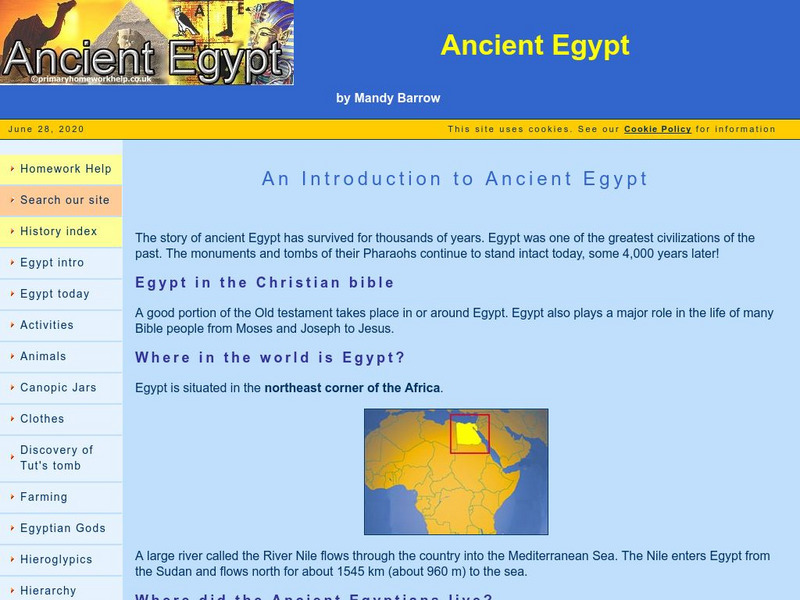Hi, what do you want to do?
Digital History
Digital History: The Transformation of the Rural Countryside
Read about the household industries that provided work and hard currency for farm families in the early 1800s. Find out why these industries declined within 30 years.
Curated OER
National Park Service: Nicodemus National Historic Site
This site from the National Park Service provides the history of Nidodemus, Kansas, first western town planned by and for African-Americans. Settled by exodusters, the town served as a symbol as a land of opportunity for blacks escaping...
Library of Congress
Loc: Documenting America: Tenant Farmers
This resource on America during the Great Depression contains photographs of tenant farmers and their communities during the 1930's, taken by photographer Arthur Rothstein. Also includes information on the time period.
Other
King Ranch: Homepage
This resource is the official website for King Ranch - 825,000 acres of farm and ranchland. Enjoy the pictures, history, and current happenings of this Texas icon.
PBS
Wnet: Thirteen: Texas Ranch House
What was it like to be a cowboy in 1867? Visit the Cooke Ranch and explore a cowboy's working and dwelling quarters. Play the interactive games to learn about the many aspects of daily life in the American West. (Click "Interactive...
Library of Congress
Loc: Cote D'ivoire: A Country Study [Pdf]
An excellent source of information on the Ivory Coast on its history, culture, farming, economy and politics, although somewhat dated as this book was published in 1988.
University of Chicago
Encyclopedia Romana: Wine and Rome
This article from the Encyclopedia Romana contains an extensive discussion on the development of wine cultivation in the Roman Republic. The information is very in-depth and informative, with links to additional information. This is...
Kansas Historical Society
Kansas Historical Society: Kansapedia: Barbed Wire
Provides information on the various types of barbed wire and its uses. Includes photographs of several varieties of barbed wire.
Country Studies US
Countyr Studies: United States History: The Last Frontier
This site describes the settlement of the West happened quickly with the passage of the Homestead Act of 1862 and the push for the Transcontinental Railroad. With the explosion of the mining and ranching industries, the West was all but...
Khan Academy
Khan Academy: Activity: Comparing Crops
Take a closer look at some of the earliest farming civilizations and the plants and animals they domesticated. This quick exercise using the Agriculture and Civilization Infographic has you consider the regional differences in...
Other
Fruit From Washington: Crop Harvests at Home in America in World War Ii
This site is filled with posters from World War II, the Great Depression, and World War I which encouraged using food wisely, growing victory gardens, and helping harvest the crops on commercial farms.
Khan Academy
Khan Academy: The Neolithic Revolution
During the Neolithic period, people settle down and begin to live in one place, year after year. This leads to massive changes in art. Neolithic sculpture became bigger, in part, because people didn't have to carry it around anymore;...
Georgia Humanities Council and the University of Georgia Press.
New Georgia Encyclopedia: Discover Georgia's Stories
Learn about Georgia at this informative site that contains information about state, from the arts to land to resources.
Andre Dollinger
Pharaonic Egypt: Agriculture in Ancient Egypt
Use this site to learn about the inventions and innovations of the Ancient Egyptian farmers. This detailed article, which discusses irrigation and the Nile flooding, planting, and harvesting includes links to related articles and...
Curated OER
City of Juarez.
This is a brief history of the WWII Bracero Program which hired Mixcan migrant workers for American farms.
TED Talks
Ted: Ted Ed: How Does It Grow? Hydroponic Spinach
How do leafy greens like spinach grow even in the dead of winter? One way is hydroponics- an ancient technique that could be the future of farming. [4:51]
Other
Phmc: Keith C. Wolensky: Child Labor in Pennsylvania
A detailed leaflet descibing the history of child labor in Pennsylvania. Across the state it was never uncommon to find children working difficult and dangerous jobs in factories restaurants, on railways, in mines, as well as on farms....
Smithsonian Institution
National Museum of Natural History: American Mammals: White Footed Mouse
The White-footed Mouse has a very wide distribution. It is the most abundant rodent in mixed deciduous and coniferous forests in the eastern United States, and is probably equally abundant near farms. Learn more about the Peromyscus...
Smithsonian Institution
National Museum of Natural History: American Mammals: American Mink
The American Mink, with its luxurious brown coat, is now bred on farms, or mink ranches, to provide fur to the clothing industry. This has relieved some of the stress natural populations endured from trapping over the past two centuries....
Smithsonian Institution
National Museum of Natural History: American Mammals: California Ground Squirrel
California Ground Squirrels prefer open, well-drained habitat, and are common along roadsides, on farms, especially where grain is grown, and in grassy fields. Adult squirrels are active only a few months of the year. Learn more about...
Smithsonian Institution
National Museum of Natural History: American Mammals: Evening Bat
Evening bats that roost together seem to share information about the location of rich foraging patches and alternative roosting sites. When they forage on farms, they are a boon to farmers, because the bats eat cucumber beetles (the...
Northern Arizona University
Moche Foodways Archaeological Project: Ciudad De Dios
Read about excavations at Ciudad de Dios, a Late Moche farming village. These excavations reveal information on the types of food production and diets of these ancient people.
Project Britain
Woodlands Junior School: Introduction to Ancient Egypt
An easy to read, colorful site introducing many aspects of Ancient Egypt. The menu lists topics to click on: pyramids, farming, Gods, King Tut, hieroglyphics, mummies, river Nile, pharaohs, and more. Brief text make this ideal for...
Northern Arizona University
Nau: Moche Foodways Archaeological Project, 1997 2000
This project studied the "prehistoric food systems" of the Moche people in order to further understanding of the civilization and its innovations. Learn about the farming advances, eating habits, and daily life of these ancient people of...








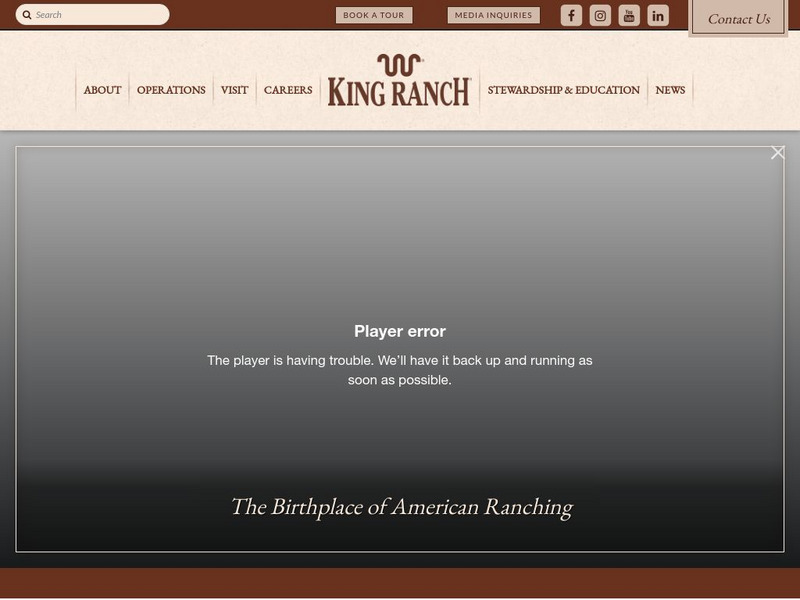
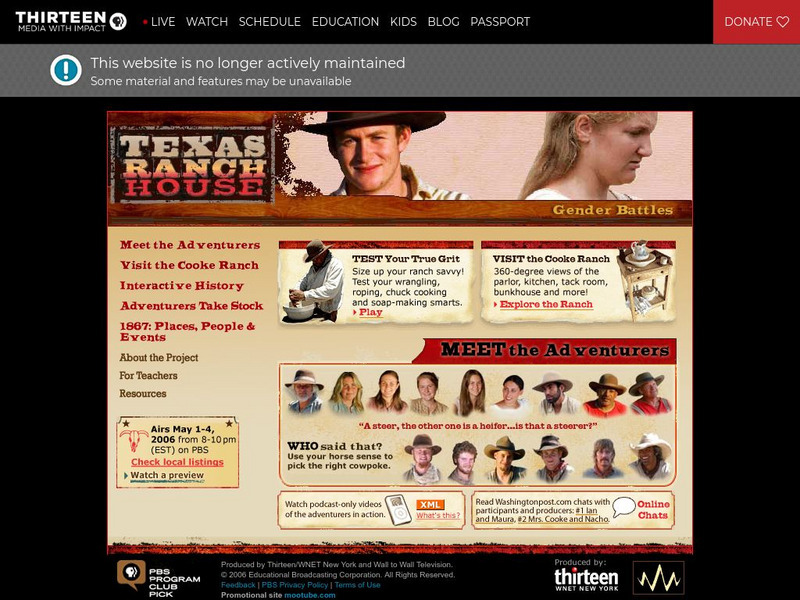
![Loc: Cote D'ivoire: A Country Study [Pdf] eBook Loc: Cote D'ivoire: A Country Study [Pdf] eBook](http://lessonplanet.com/content/resources/thumbnails/411274/large/bwluav9tywdpy2symdiwmduymc0ymtm2mi0xn2jzdxn2lmpwzw.jpg?1589993580)




